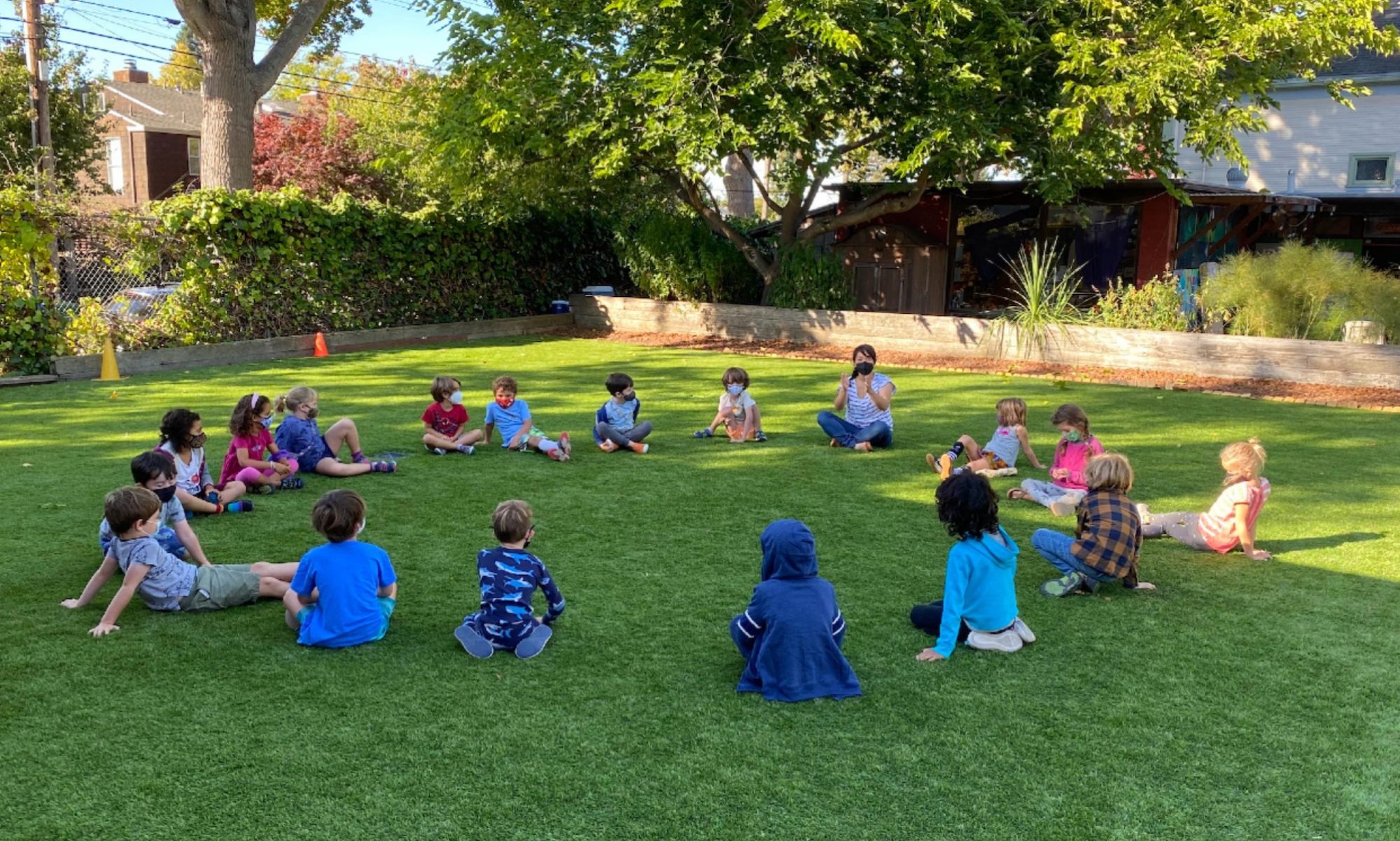Lower Group
Lower Middle Group
Middle Group
Upper Group
Drama and Movement
Music
Visual Art
Spanish
Lunch, Snack & Recess
The Upper Group bustles with academic, artistic, athletic, and social activity. Nine, ten, eleven, and twelve-year olds show the cognitive leaps they are making as they become more able to apply logic and critical thinking to real-life situations and hypothetical problems. The work they do is increasingly complex and nuanced, and it reflects their widening view of the world around them. As they shift their focus toward their peers, they thrive on collaborating and working in partnerships and teams. They are the oldest and biggest kids in the school, so the Upper Groupers play an important role in student leadership and community service. The teachers work as a team to set a warm, friendly tone in the classroom and to provide a rich, engaging curriculum which respects all that the students can do.
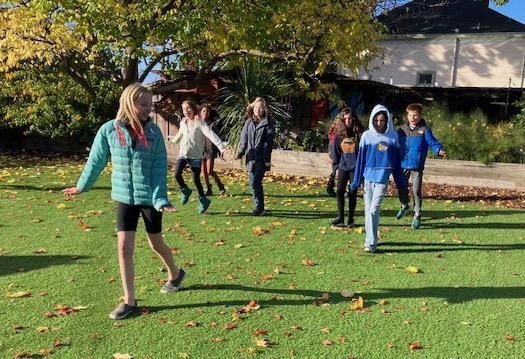
Language Arts
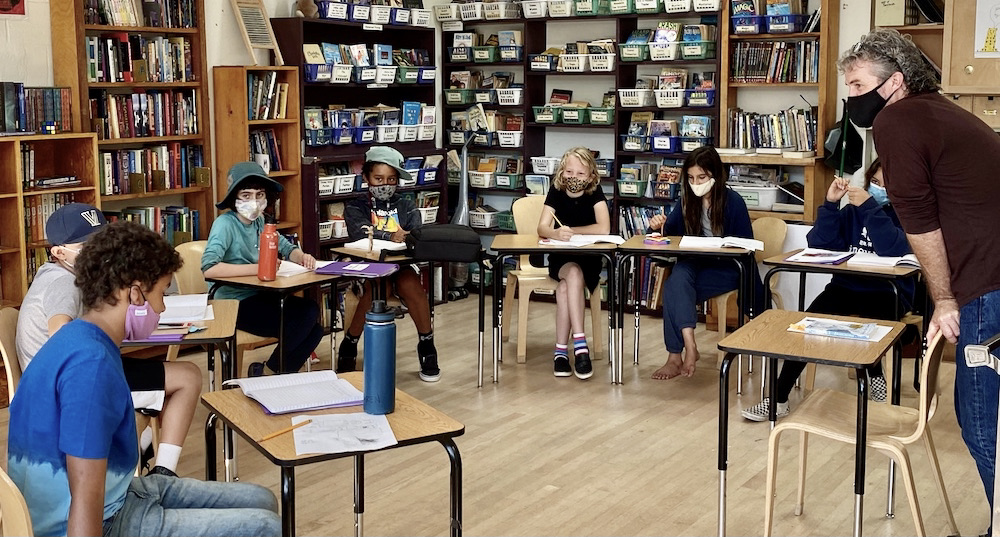
Language Arts is about reading, writing, and speaking—skills which are fundamental to any student’s academic success and to their engagement with society at large. With that in mind, the Upper Group Language Arts program contains a variety of components to support the further development, expansion, and practice of these complex skills.
READING
The Upper Group reading program focuses on students reading high quality literature, such as Holes by Louis Sachar, Walk Two Moons by Sharon Creech, and The Watsons Go To Birmingham—1963 by Christopher Paul Curtis, as well as biographies, short stories and narratives, informational texts, magazine articles, and poetry. Literature assignments will often tie into themes in Social Studies or Science units.
The primary goals for students are for students to develop personal connections to books and to reading in general, and to engage with challenging grade-level texts in an instructional setting where they can develop inference making and interpretation skills as a pathway to new discoveries with literature.
WRITING
Writing is most meaningful when it is done for authentic purposes, and the ultimate goal in the Upper Group is for the students to develop personal connections to writing and demonstrate an increasingly sophisticated ability to use and manipulate written language. The writing program includes responding to literature, writing to document and explore personal experiences and ideas, and short and long term creative writing projects. Regular lessons on genres of writing, editing, and the mechanics of writing, including grammar, punctuation, capitalization, and the parts of speech occur throughout the year. Teaching the writing process includes a progression from the construction of solid sentences through paragraph building and, in the fifth and sixth grade, work with the five paragraph essay form. Other components of the writing program include spelling, word games and challenges, poetry appreciation and poetry writing, and typing practice.
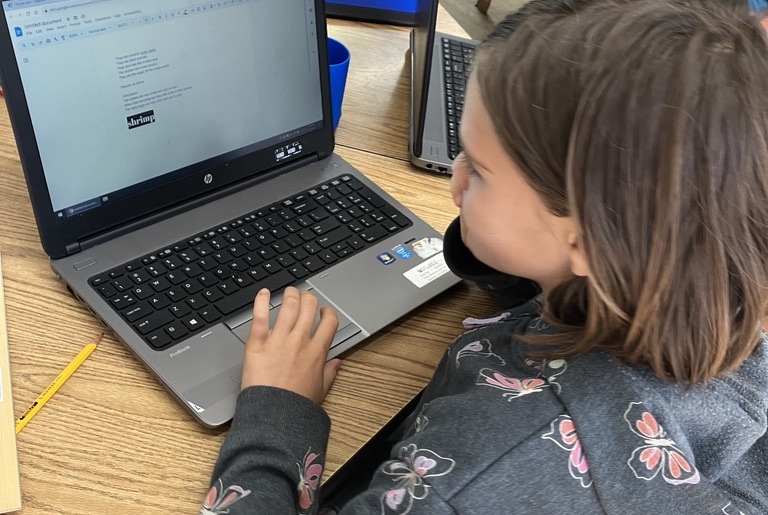
SPEAKING
Clear, effective verbal communication is critical to a student’s success both in and out of the classroom setting. Students practice presenting their work, including stories, opinions, and reports, on a regular basis. They participate in discussions by sharing their ideas, relating their experiences to the topic at hand, building on a previously offered concept, and referring to source materials to support their viewpoints and arguments. The sixth grade group practices public speaking skills, culminating with writing a graduation speech which is developed and practiced in class.
Two primary goals for Upper Group students in the areas of speaking are to see consistent, practical participation and presentation from each student and an increasingly sophisticated use of oral language, including the demonstration of a strong, broad vocabulary and an ability to form an argument in support of an idea.
Mathematics
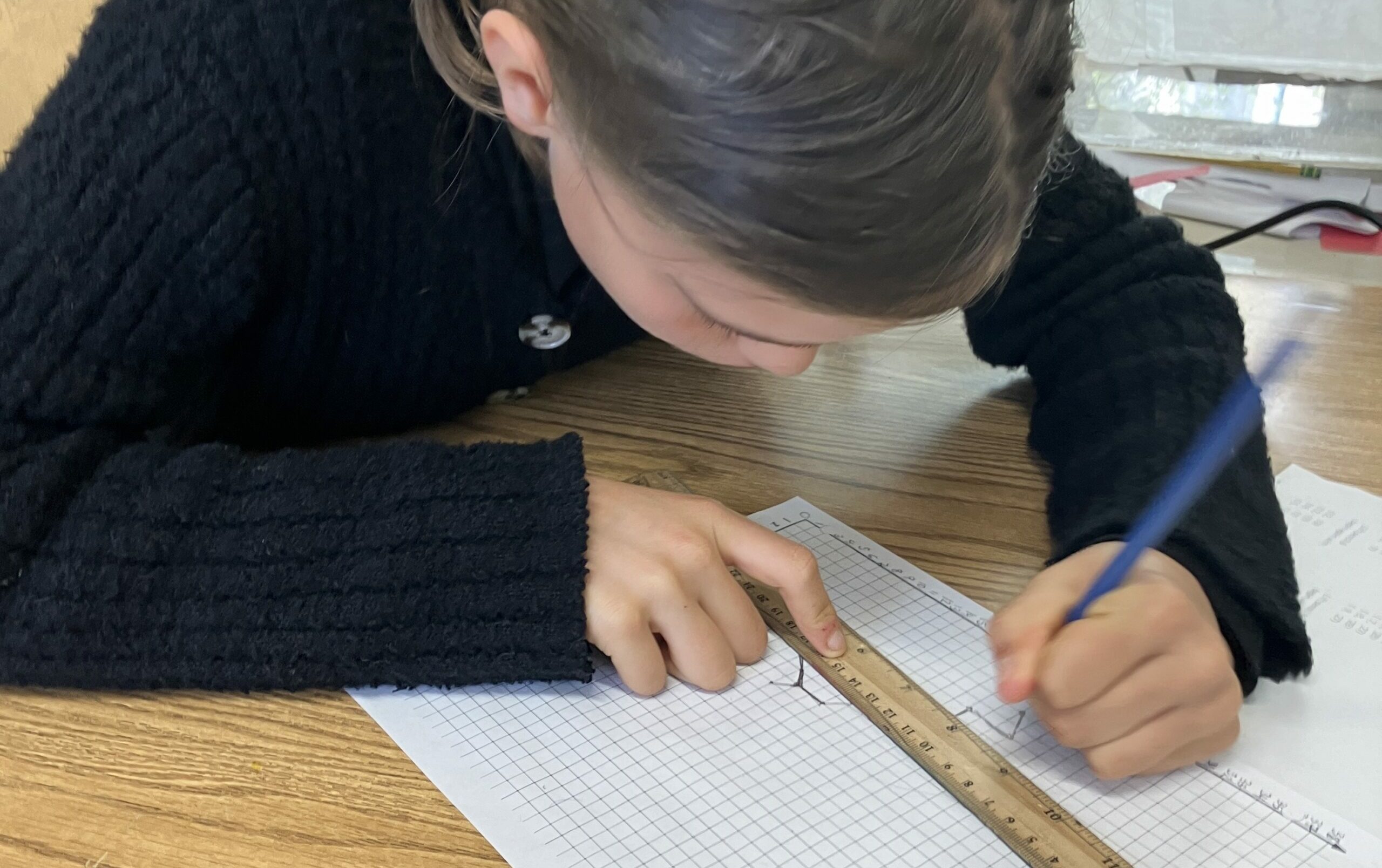
The most important element in the success of young students in mathematics is that they remain excited, inquisitive about, and interested in what they are learning. Further, how students FEEL about mathematics has everything to do with success. With these considerations in place they will, within a successful mathematics program, achieve comprehension and fluency in the understanding of the structure of mathematics and of the patterns in numbers. Combined with skill building lessons, the students examine real life mathematical situations to achieve mastery and understanding, along with a curiosity and love of learning.
Following the guidelines established within the structure of the Common Core the Upper Group math curriculum includes number sense; algebra and functions; measurement and geometry; statistics, data analysis, and probability; and mathematical reasoning.
In addition, Upper Group students engage in age-appropriate activities that include the history of mathematics, logic, games, and puzzles. Students also use mathematical skills and knowledge for art projects such as planning and creating number posters, tesselated designs, polyhedrons, geometrical drawings, and games of traversability.
Mathematics in the Upper Group incorporate the following three components:
- COMPUTATIONAL AND PROCEDURAL SKILLS: using algorithms and operations, facts, measurement, linear equations, interpretation of graphs, use of basic geometry, number sense, the beginning of algebraic reasoning, and an understanding of patterns and functions.
- CONCEPTUAL UNDERSTANDING AND COMPETENCY: being able to understand basic rules and principles that underlie a function or operation, and having an implicit understanding of how to achieve a goal.
- PROBLEM SOLVING; developing an ability to conjecture and to extrapolate, recognizing patterns, translating information into equations, estimating and verifying, and the ability to work backwards from a solution.
Science
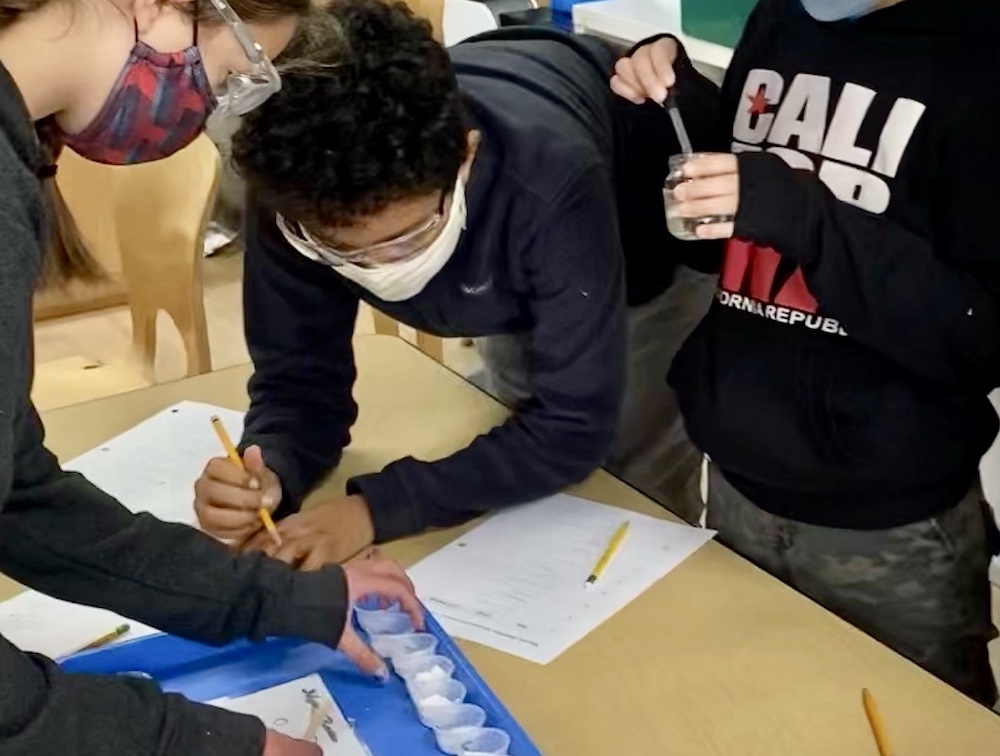
Science is made up of strands such as life science, earth science, chemistry, and physics, but it is also a mode of investigating and exploring. The science curriculum has two main components. The first is the in-depth unit. Incorporating the interests of the students as well as the California state frameworks for science, as well as the Next Generation Science Standards (NGSS), a unit of study such as magnetism and electricity, chemical reactions, marine biology, or the physics of catapults is developed and taught emphasizing hands-on activities and experiential learning. Learning the habits of labeling drawings and diagrams, and keeping written track of the steps in an experiment are key to their growth as a young scientist. The second main component of the curriculum is the science project. Each year, students design and create experiment-based science projects using the scientific method. These projects start with a scientific question, involve designing an experiment then measuring and testing outcomes, and result in answers as well as further questions.
In both the science units and the projects, the primary goals for students are the demonstration of an increasingly sophisticated understanding of the methodology of science and the demonstration of a strong understanding of the concepts studied.
Social Studies
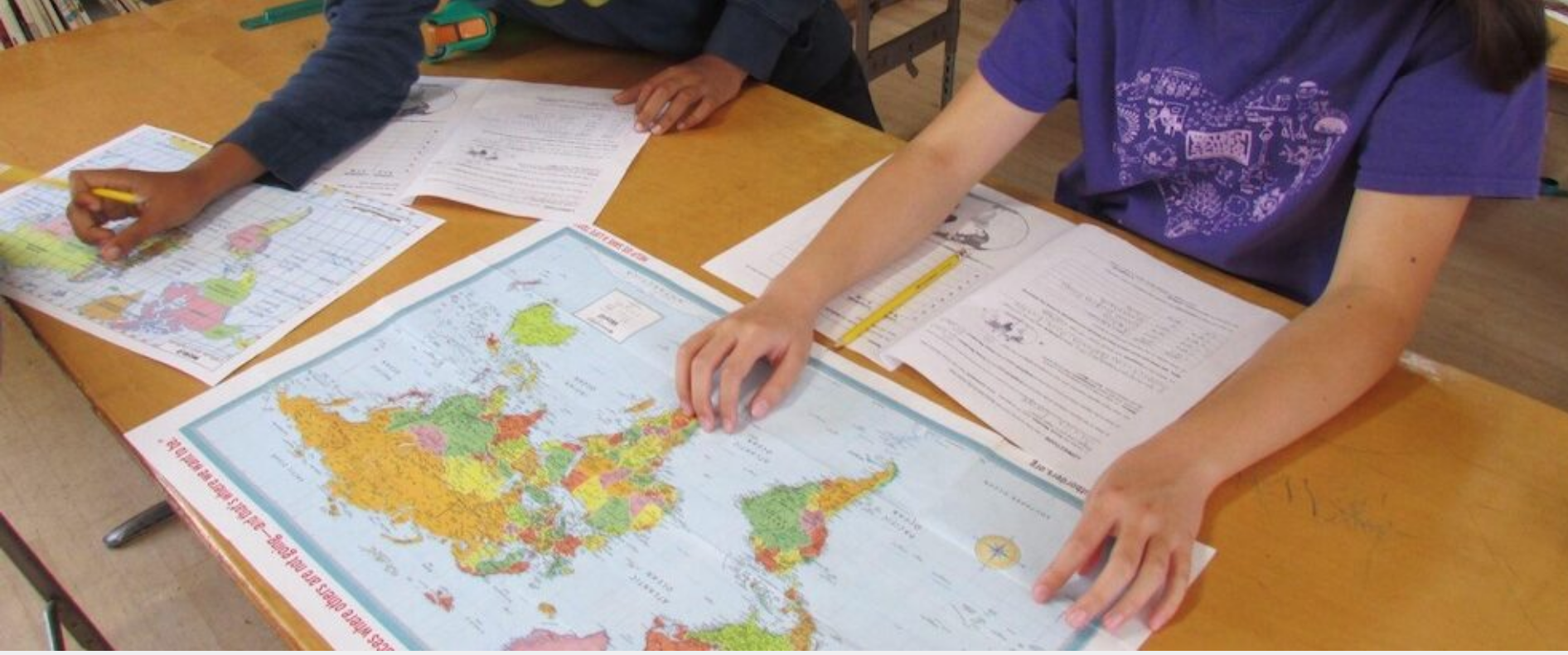
Social Studies in the Upper Group encompasses a range of layers from geography to history to present day events to support the development of a sense of place in the world. The intentional thread throughout is for the students to foster a deepening understanding of the story of humans through the lens of social justice. Whenever possible we will learn about events from a variety of perspectives and sources, and compare historic moments to the current social and political issues in an effort to help demystify common held beliefs about histories often told in singularity. Learning about history can be difficult, and not every thread will be followed, but by focusing on particular events and connecting that learning with the present the hope is for students to further develop empathy for others, along with a desire and expectation of positive action from themselves and those around them.

A component of the Social Studies and Language arts programs include reading nonfiction to become informed about topics and conduct research. Guided inquiry helps the students focus in on relevant concepts, make inferences and practice summarizing/paraphrasing what they have read.
Anti-bias Lessons: Also related to our Social Studies curriculum is an intentional focus on lessons/activities related to anti-bias thinking and action. These lessons focus on a range of topics, often driven by the needs of the group. Discussions and activities may include topics about race, gender, personal identity, social inequality, bullying, ableism, social conformity etc. The topics often develop during the course of the year in response or connection to other areas of the curriculum or current events.
Social Emotional Learning
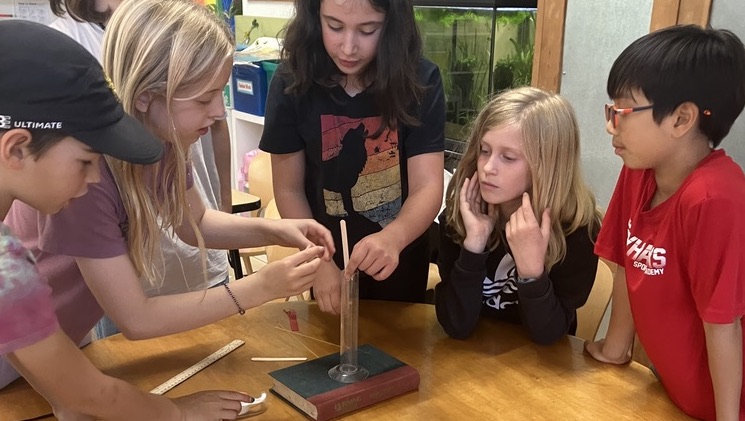
In the Upper Group, we place a great deal of focus on the social curriculum, knowing that it goes hand in hand with the academic subjects being taught. Class meetings, where in small groups or as a whole, students and teachers share personal news and talk about what is going on in the world around us. Students help create the classroom rules so they can identify the parameters they need in order to do their best learning. Collaborative problem solving is used to work through issues as they arise.
Throughout the school year, there are community building activities, such as cooperative games and hands-on activities where students collaborate to discover a solution to a challenging problem. The kids also have classroom responsibilities, and perform community service within the school (such as reading to younger students and helping to keep the school clean) and off campus (such as marina cleanup day and, for the sixth graders, serving meals to the home insecure at Glide Memorial)..
The Upper Group talks about building caring relationships—what it means to be a friend or to be an ally, for example. In order to foster inclusion and respect, students share about themselves, their backgrounds, and their cultures. Teaching social and emotional skills such as cooperation, responsibility, and empathy, Upper Group students succeed academically and socially..
Spanish
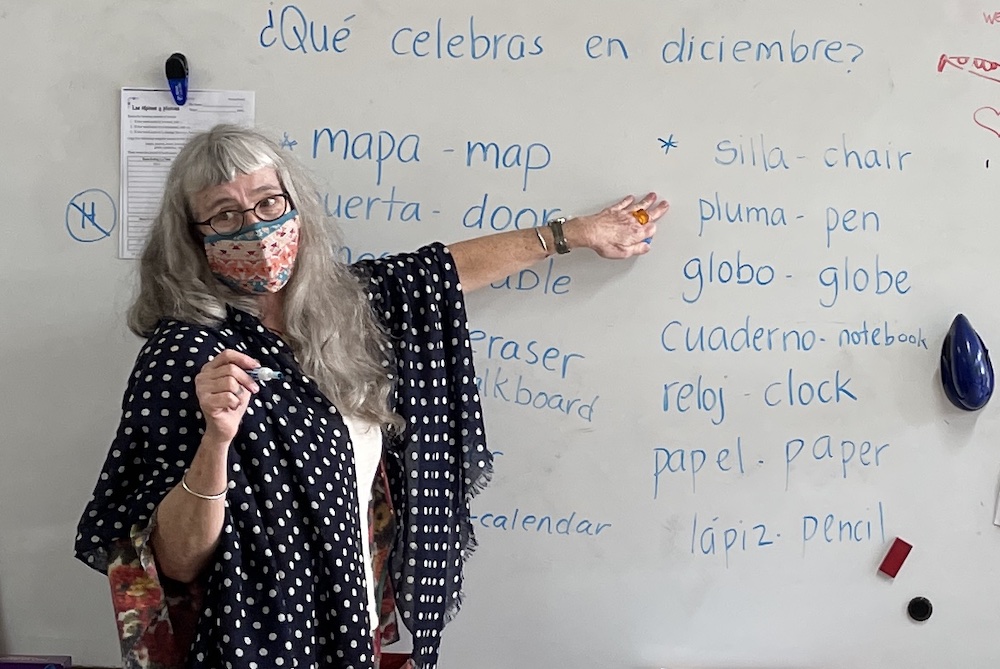
In Upper Group we continue to expand on everything we have learned up to this point. We delve deeply into verb conjugations, articles before nouns, and creating our own sentences. By now many students have gained an intuitive feel for what is grammatically correct and incorrect in oral Spanish. We spend a lot of time practicing our oral Spanish by interviewing each other, doing surveys, asking and answering questions, etc. Toward springtime we begin to “travel” to Spanish speaking countries by focusing on a country a week, learning about the foods, sports, holidays, weather, and flora and fauna of each country. We do some reading on the country of focus, answer some questions and then get a stamp in our “passport”!
Throughout all of the grade levels there is an emphasis placed on the importance of learning another language to help us understand one another, to expand our horizons and to open doors to other ways of thinking and being. Learning another language expands our brains and hopefully instills some compassion and understanding of what it is to be from somewhere else.
Learn more about Spanish at Walden
Drama and Movement
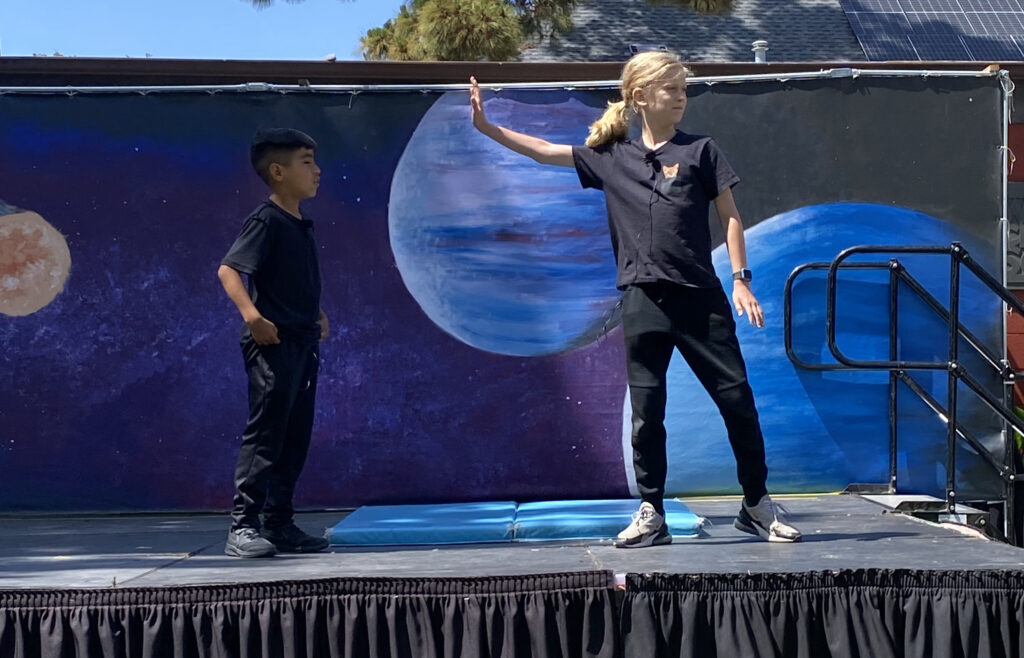
You are your own star: Young people in this age group radiate with an abundance of goodwill, integrity, strength, and hope that transfers well to the rigors of a challenging multi-act theatrical performance. The annual Upper Group Play is a cherished tradition at Walden that children begin to anticipate and prepare for long before they are in the Upper Group. The play is a transcendent experience in which the absolutely unbridled enthusiasm of youth is seen gloriously through the primitive art of theatre. Over the course of this three-year program children work their way through a series of age-appropriate challenges.
The children prepare in a variety of ways that actually begin in the earlier grades. Students are prepared intellectually by watching and analyzing clips of live performances. Singing is an art form and a science. Students can explore this world by singing in class for each other and by listening to great singers and figuring out how they can improve and develop their own singing muscles. The idea of vocal register or “tessitura” is examined.
Acting is explored through role-playing, theatre games, and building characters through the method of intentions. Dialogue and comedy are explored actively in class through the laboratory of rehearsal and creating character biographies. Periodically the works of Shakespeare are explored which allows in depth study of history, gender roles (as well as reversing them!) and language.
Expression through dance is vital. Dance as physical fitness opens up the discussion of anatomy. Dance as a cultural exponent develops discussion about the African-American influence on popular culture through dance as well as adapting and investigating dance styles from Europe, West Africa, the Caribbean, and India. An Upper Group dance class romps through the atlas of world influence. As we explore divergent dance styles we also learn about the impact of cultural influences in each genre. The joy of what each movement style brings is a powerful road to understanding why the children move the way they move. A ballet plié is a gateway to a West African harvesting dance. African “close to the ground” is the opposite of European “pulled up.” The commonality is that it is all dance and it is a great means of self-expression.
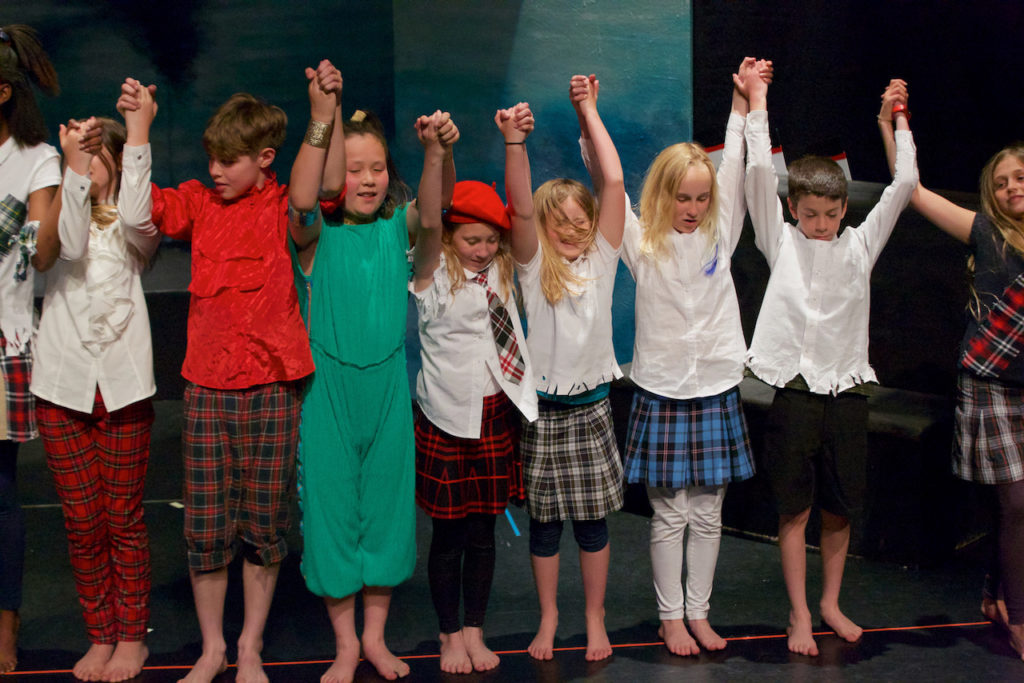
Everyone creates her or his own personal “inner masterpiece” in the class. The class develops a sense of teamwork as they collaborate on the challenge of creating a theatrical work that displays each child’s development and growth.
Learn more about Drama at Walden
Music
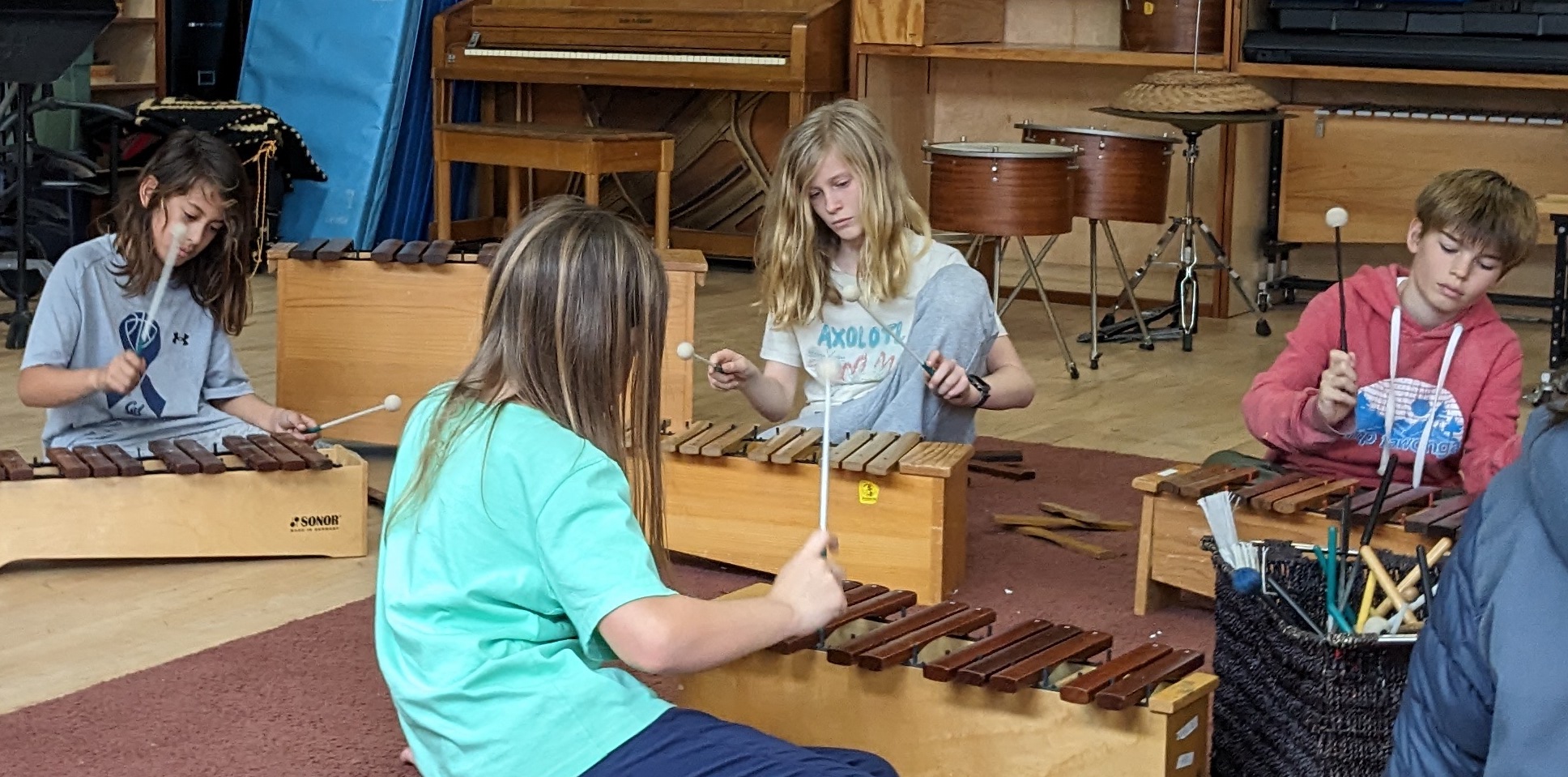
The mixed group of 4th, 5th, and 6th grade students offers a marvelous opportunity for musical growth. Younger students inject a special enthusiasm and freshness to each class. Older students experience the confidence of revisiting and refining basic skills. Circle games, dances, body percussion, and clapping draws from the playground repertoire of different cultures. These activities keep the students in touch with a spirit of musical play, while providing a gently competitive push to practice and master the skills needed to support others in rhythmic performance. The Orff approach grows from games, rhymes, songs, and poetry, taking small easily learned elements from each source in order to build more complex and layered ensemble textures. Students develop techniques on recorder, ukulele, xylophones and percussion. Improvisation in a variety of styles is a key element in the process. Recordings, videos, and occasional guest artists give vital cultural background to inform the hands-on experience.
RHYTHM: playing a variety of rhythm games and African American ring plays to sharpen beat and rhythm skills throughout the body; developing rhythmic independence in polyrhythmic ensembles with multiple layers; reading and writing rhythmic notation; comparing European rhythms with those from West African, African American, and Afro-Cuban styles; exploring jazz rhythms in ensemble pieces; exploring syncopation, offbeat, swing rhythm, and clave; exploring a variety of meters, including 4/4, 3/4, 6/8 and 5/4
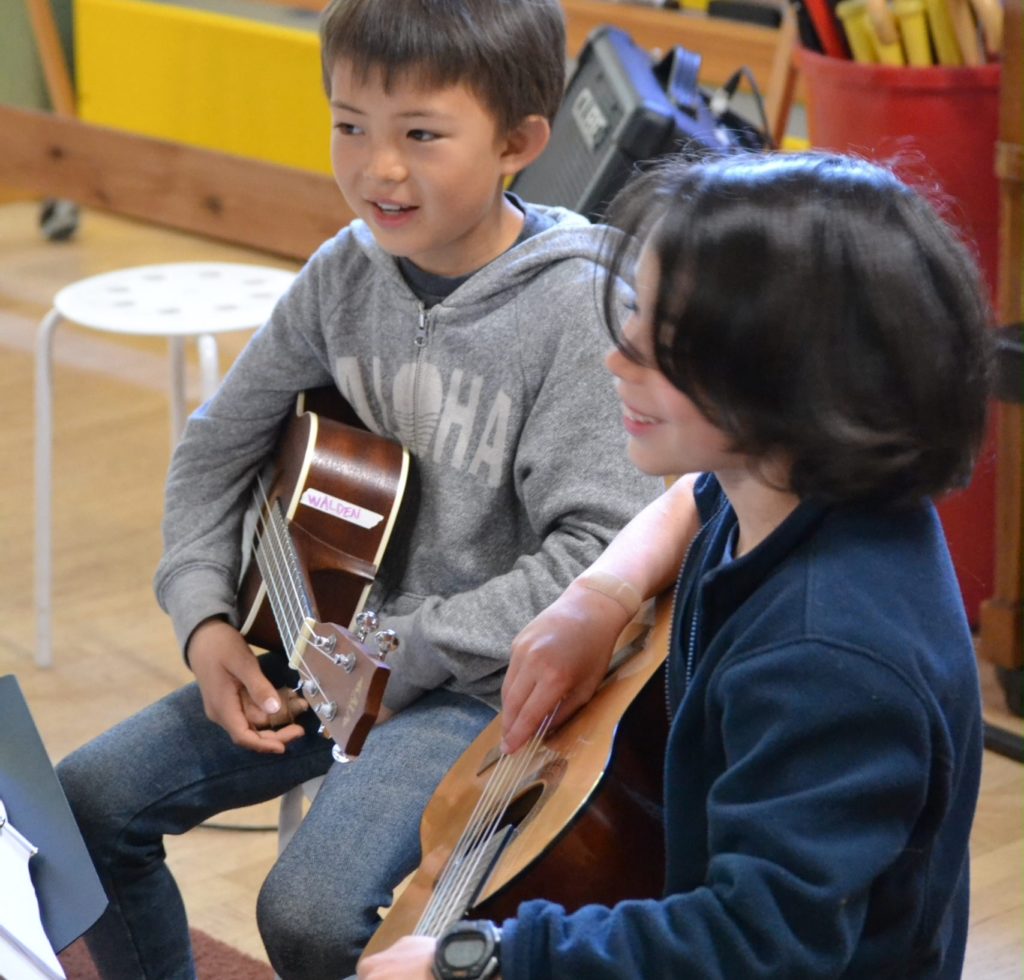
MELODY AND HARMONY: exploring pentatonic and diatonic major and minor scales, experimenting with different key centers and modes, reviewing drones and exploring vamp and walking bass lines; exploring chords and chord progressions, improvising melodies on xylophones and recorder, improvising using blues scales, reading music notation for recorder, choral singing technique and signing songs and canons in two and three parts.
MOVEMENT AND DANCE: body percussion and movement games, African American body rhythms and southern United States children’s games, folk dances of various cultures in a variety of meters and styles
INSTRUMENTAL ENSEMBLE: developing recorder proficiency in both reading and improvisation, increasingly challenging mallet work on xylophones, West African percussion, jazz and rock drumming techniques, electric bass, guitar and piano playing, chord strumming on ukuleles to accompany singing and recorder pieces
Learn more about Music at Walden
Visual Art
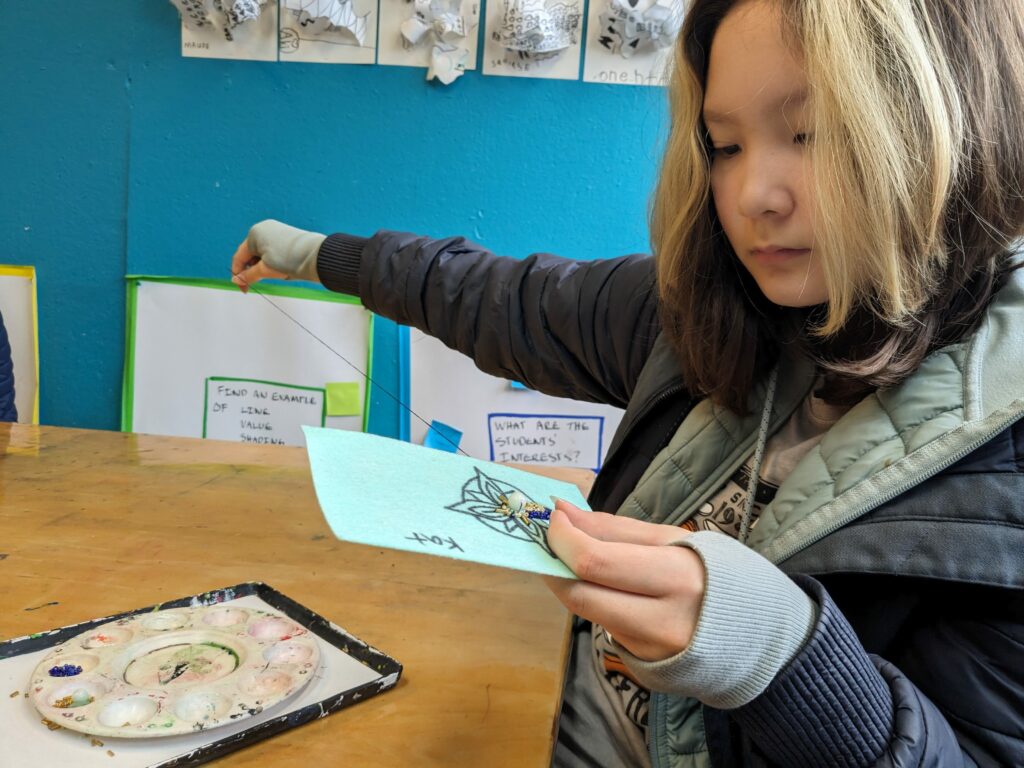
The Upper Group class combines the freedom of creation with the knowledge and practice of artistic skills. They are able to connect art with imagination, feelings and ideas, and create images based on themes, interests and current events.
Art classes in the Upper Group start with a brief written description or question for the project for the day to explore the process and possibilities. Students develop the project feeling free to ask for help when they have an idea that they have difficulties making it happen.
Children learn about a variety of artists focusing on the ideas behind the artwork more than the names of the artists to get inspired to create clay pieces, sculptures with recycled materials, sculptures (additive and subtractive sculptures), collages, and movement in their work. They will also be painting, drawing, printing (linoleum alternative, foam stamps, plexiglass, vinyl records, etc.), sewing, and creating three dimensional creatures and canvases. Each project has multiple interpretations and expressions. Practicing their divergent thought, the students find different ways to solve the problems presented by the project. They learn to respect and admire the different solutions generated by their classmates.
The final project is a “stop animation” movie requiring incorporation of many of the skills learned before and to work in teams with a purpose. The art class encourages kids to work together, learn from each other, and help each other, as ways to develop a sense of community and solidarity.
